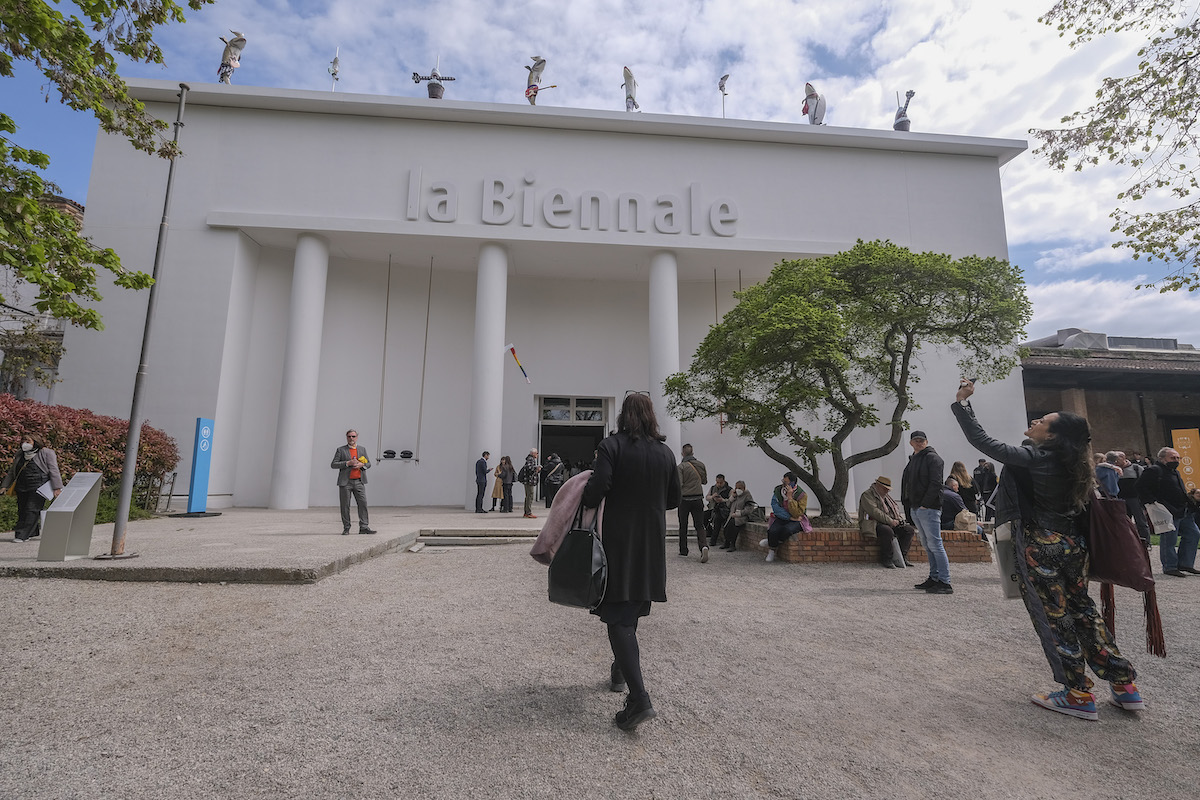
Italy’s culture minister said on Tuesday that the Venice Biennale would not exclude an Israeli presence this year, even as thousands of artists signed an open letter calling for the festival to do so.
That letter called Israel’s presentation at the art festival a “Genocidal Pavilion,” and accused the Biennale of “platforming a genocidal apartheid state.” It also said the Biennale exhibited a “double standard” by commenting on Russia’s invasion of Ukraine in 2022 but having not yet issued a statement about Gaza, where nearly 30,000 people have been killed since the October 7 Hamas attack in Israel.
Past and current Venice Biennale participants signed the open letter, as did Turner Prize winners and other acclaimed artists.
While the Biennale still has not responded, Italian culture minister Gennaro Sangiuliano seemed to suggest that the Israeli Pavilion would go on as planned.
In a tersely worded statement sent out earlier today, Sangiuliano called the letter “shameful” and claimed that those who signed it had threatened to undo a culture of freedom in Italy.
“Israel not only has the right to express its art, but it has the duty to bear witness of its people precisely at a time like this when it has been attacked in cold blood by merciless terrorists,” he wrote. “The Biennale will always be a space of freedom, encounter and dialogue, not a space of censorship and intolerance. Culture is a bridge between people and nations, not a dividing wall.”
Art Not Genocide Alliance, the group behind the open letter, said in a statement posted to social media, “Culture is not a ‘bridge between people and nations’ when one nation is involved in the elimination of another, the citizens of which are kept behind a dividing wall.”
Israel has had a pavilion at the Venice Biennale since 1950 and is one of the nations that regularly exhibits at the festival in a dedicated structure for the country. This year, artist Ruth Patir will represent Israel.
